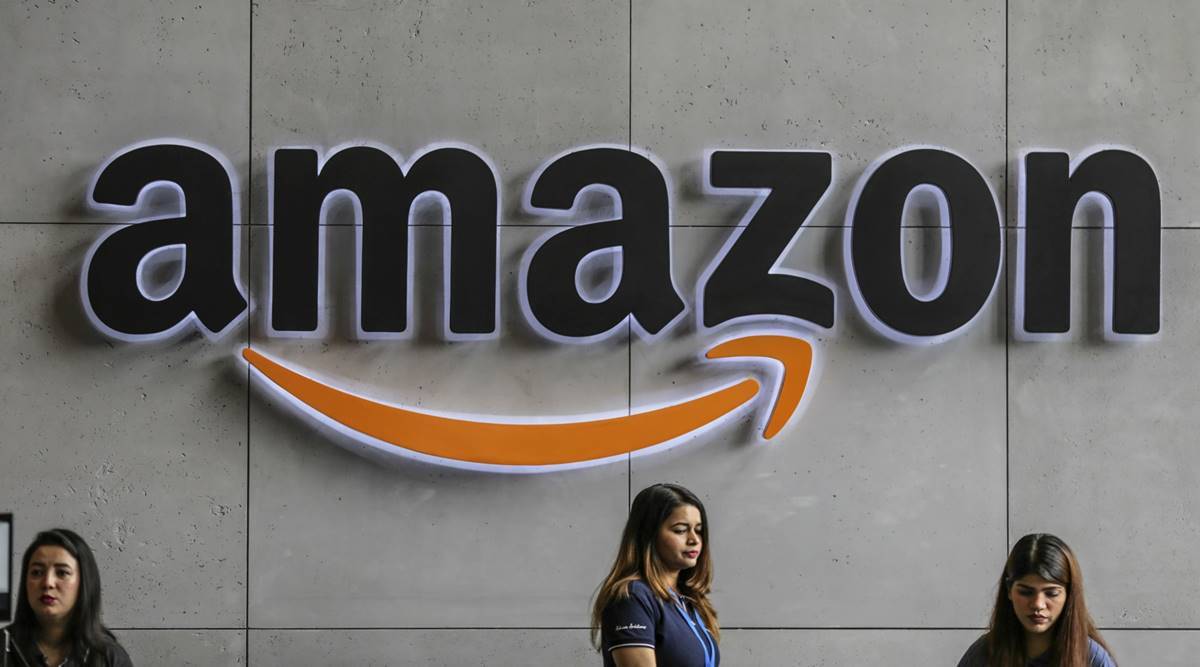Amazon has cautioned its employees against using third-party generative AI tools for work, according to multiple internal memos viewed by Business Insider.
“While we may find ourselves using GenAl tools, especially when it seems to make life easier, we should be sure not to use it for confidential Amazon work,” the company warned employees in a recent email. “Don’t share confidential Amazon, customer, or employee data when using 3rd party GenAl tools. Generally, confidential data would be data that is not publicly available.”
Amazon’s internal third-party generative AI use and interaction policy, viewed by BI, warns that the companies offering generative AI services may take a license to or ownership over anything employees input into tools like OpenAI’s ChatGPT.
“This means that any outputs such as email, PRFAQs, internal wiki pages, code, confidential information, documentation, pre-launch and strategy materials may be extracted, reviewed, used, and distributed by the owners of the generative Al,” the policy states. “All Amazonians must abide by our standard Amazon policies for confidential information and security for any inputs to generative Al.”
Amazon is not the first big company to impose restrictions on using generative AI tools internally. Samsung and Apple are some big league names that banned using ChatGPT and similar tools.
Some of these companies are particularly sensitive about using this technology as their competitor Microsoft invested heavily in OpenAI and can claim the rights to the model’s results. But at a point, even Microsoft took away the in-house tool from its employees briefly.
Amazon’s spokesperson, Adam Montgomery, said the company has been developing generative AI and large machine learning models for a long time, and employees use its AI models every day.
“We have safeguards in place for employee use of these technologies, including guidance on accessing third-party generative AI services and protecting confidential information,” Montgomery said.

































